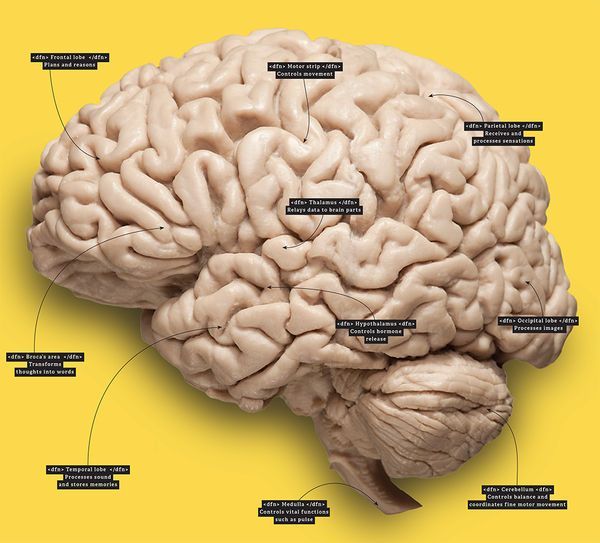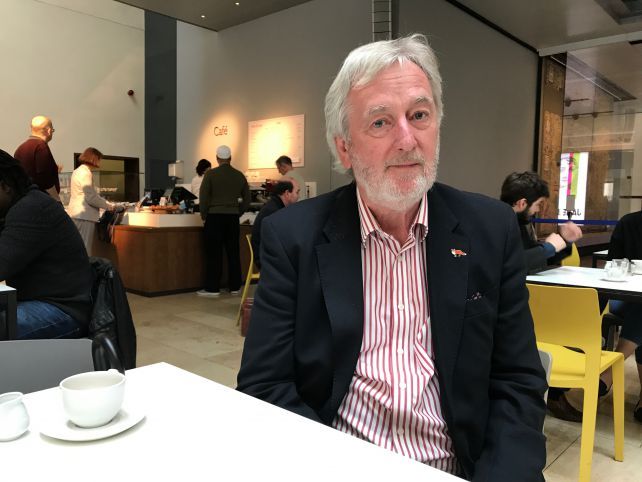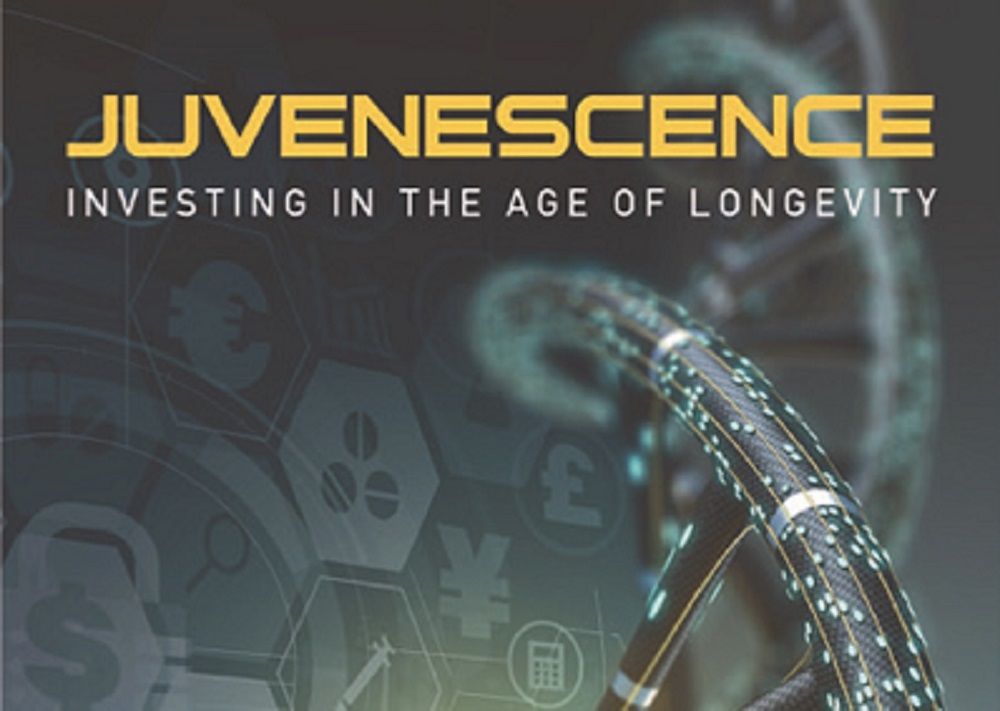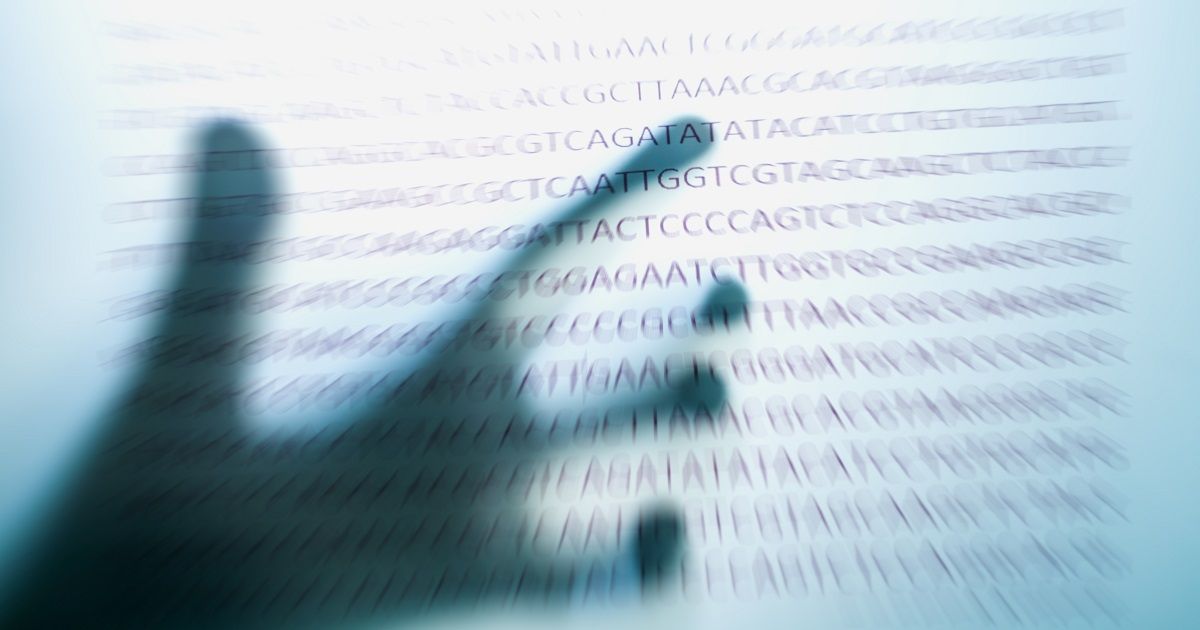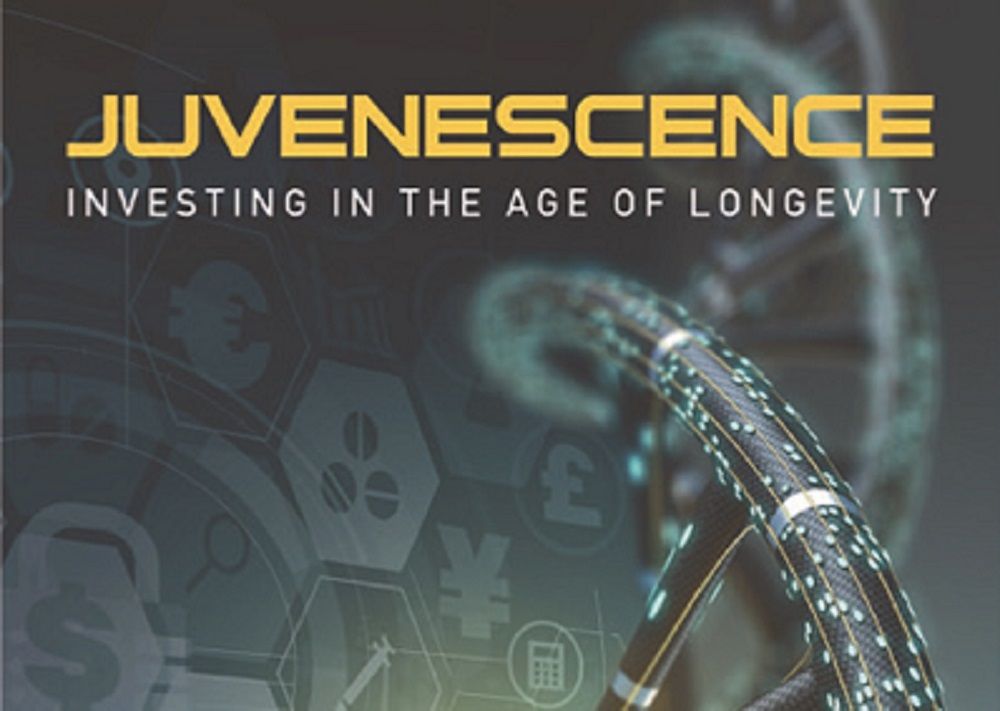Archive for the ‘life extension’ category: Page 532
Sep 30, 2017
Dr. David Sinclair, Discoverer of Anti-aging NAD Fad, Speaks About Human Trials of NMN
Posted by Brady Hartman in categories: biotech/medical, genetics, life extension
This report on the NAD booster nicotinamide mononucleotide (NMN) will definetly be of interest to Lifeboat members.
NAD is the fountain of youth in mice and is boosted by NMN. This report includes highlights of Aug 2017 interview with Dr. David Sinclair, the researcher who discovered that the anti-aging molecule NAD has rejuvenating effects on mice.
Summary: NMN as a NAD-boosting anti-aging drug. Highlights of the August 2017 interview with David Sinclair, the scientist who discovered that the fountain of youth molecule NAD has remarkable rejuvenating effects on mice. The career of David Sinclair follows a link between sirtuins, resveratrol, NAD-boosting anti-aging compound nicotinamide mononucleotide (NMN), and calorie restriction.
Sep 30, 2017
Increasing Human Life Expectancy through Stem Cell Rejuvenation
Posted by Dan Kummer in categories: biotech/medical, life extension, neuroscience
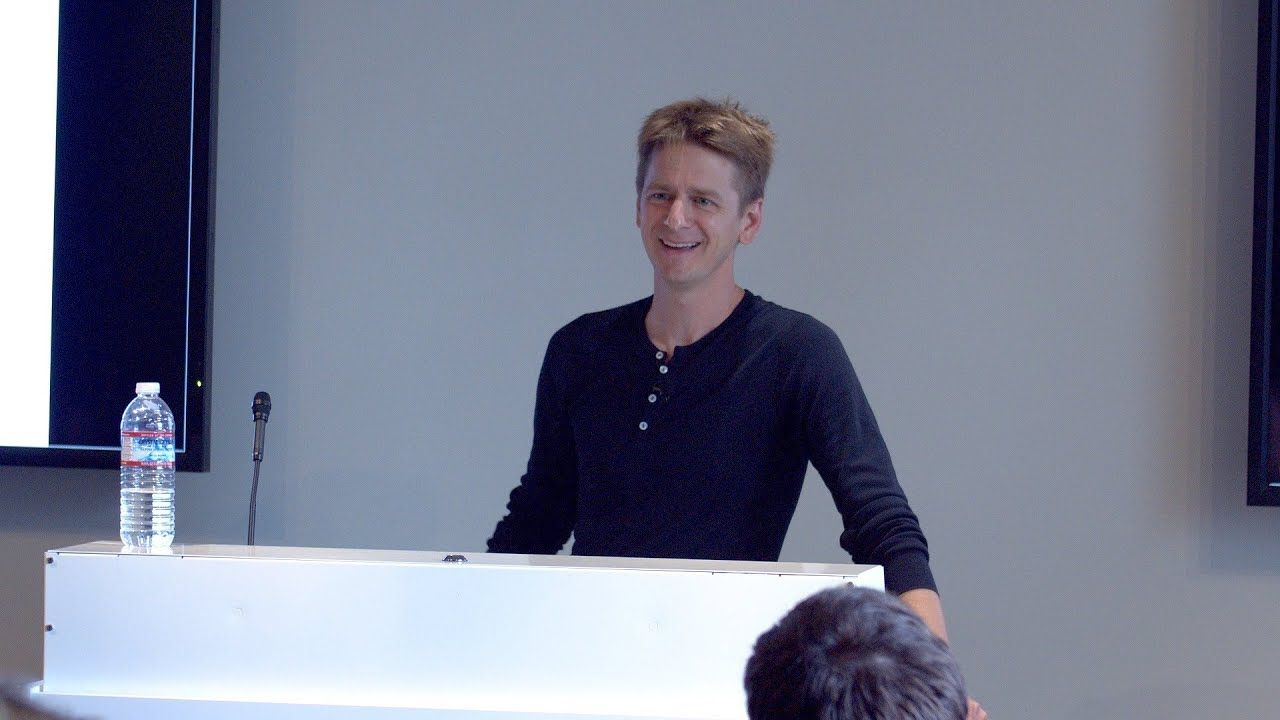
Dr. Mark Katakowski makes the case that rejuvenation of the bone marrow niche is a practical approach to life-extension today. Mark is President of the longevity company Forever Labs, and is a medical physicist with extensive experience developing stem cell therapies for neurological disease and injury.
Mark was first to demonstrate that microRNA functions as a communication molecule between brain tumor cells, a previously unknown mechanism of intercellular eukaryotic gene regulation. Based upon his use of stem cells to treat age-related disease, Mark surmises that rejuvenating the bone marrow provides significant opportunity to combat aging.
Sep 29, 2017
Live longer and die better
Posted by Montie Adkins in categories: biotech/medical, life extension
This is the moment at which I press Dr Leeson to come clean and tell me if I might live to 300 because of pluripotent stem cells that could be set free to regrow or recreate bits of my anatomy as they wear out. Is this science fiction or is this real, I ask?
‘It’s real — it’s already happening…’
Oxford Today talks to the Director of the Oxford Institute of Ageing, Dr George Leeson.
Sep 29, 2017
A Biologists Review of Juvenescence: Investing in the Age of Longevity
Posted by Steve Hill in categories: biotech/medical, finance, life extension
Jim Mellon and Al Chalabi are back with another successful venture into the world of science investment. Following their acclaimed 2012 book “Cracking the code”, whose spotlight was on the life sciences industry, Juvenescence takes us on a compelling journey through the dawning market of longevity and rejuvenation biotechnology, which the authors predict will be the biggest “money fountain” to hit the financial world in the coming years.
Juvenescence is a visionary book, debunking the sometimes questionable past of longevity research and steering us towards a ‘brave new world’ in which advances in medicine are already leading to clinical trials whose aim is to extend human lifespan to unprecedented levels.
Mellon and Chalabi come across as eloquent devotees of cold, hard science, and for a book targeted primarily at investors, biologists and experts will be hard-pressed to find inaccuracies in the many heavily technical sections. The authors explain the science of aging in an engaging and accessible manner, bridging the gap between the lab and the public with ease and tact. They employ elegant metaphors to explain complex processes as well as some light-hearted ones, including the “Deadly Quintet”, which reads more like the title of a long-lost Tarantino film, or the “Actuarial Escape Velocity”, a reference to the controversial “Longevity Escape Velocity” promoted by Aubrey de Grey. Mellon and Chalabi use state-of-the-art research whenever possible, with recent, fresh-from-the-lab studies making up the majority of sources.
Sep 28, 2017
Open Consultation of the WHO on Research Priorities for Healthy Aging
Posted by Steve Hill in categories: biotech/medical, life extension, policy
Very recently, the World Health Organization, which is essentially the United Nations’ agency for coordinating international health-related efforts, has launched The Global Online Consultation on Research Priority Setting for Healthy Aging. A corresponding survey is available on the WHO website and can be filled until September 30. As WHO is the main source of policy recommendations for the UN member states, its position can significantly influence the allocation of state funding to different areas of scientific research.
This is why we at LEAF urge you to step in and fill out the WHO survey; our community needs to demand more focused efforts to understand the basic mechanisms of aging, to develop innovative therapies to address these mechanisms, and to remove the barriers delaying the implementation of rejuvenation technologies into clinical practice.
Sep 28, 2017
How Our Damaged DNA Kills Us
Posted by Brady Hartman in categories: biotech/medical, life extension
Summary: Without DNA repair, the damage in our genome builds up, which in turn causes disease and aging. Repairing DNA damage is one of the holy grails of anti-aging medicine. As a review earlier this month shows, scientists have made headway in understanding our DNA repair mechanisms. While researchers haven’t found a way to repair DNA damage, they have found potential ways to mitigate some of its effects.
For those us wanting to live in good health to the age of 120, the damaged DNA in our bodies is keeping us from reaching our goal.
Research has shown that our DNA repair mechanisms decline as we get older. Unless we are lucky to be among the tiny percentage of centenarians who are blessed with superb DNA repair mechanisms, the odds are that unrepaired DNA damage will strike us down with chronic diseases before we reach our goal.
Sep 28, 2017
Review of Juvenescence: Investing in the Age of Longevity
Posted by Steve Hill in categories: biotech/medical, finance, life extension
Only two years ago, when I launched my advocacy website Rejuvenaction, I didn’t think I would read a book like Juvenescence so soon; yet, the topic of rejuvenation biotechnologies has already become mainstream enough to lead investors of the calibre of Jim Mellon and Al Chalabi to devote a whole book to it.
As Juvenescence is a book aimed at potential new investors in rejuvenation biotechnologies, I expected it to be an extremely technical and detailed account of things I don’t understand, such as finance, markets, and funds. To my delight, this was not the case. Rather, the details Juvenescence dives into are primarily those of the emerging field of rejuvenation science (alas, still something whose details I don’t fully understand).
The book explains the paradigm shift that is currently taking place and changing the way science sees aging—no longer as an inevitable fact of life but rather as a disease to be eradicated like any other—and goes through a biology 101 crash course for the benefit of readers who might be not too well versed in the science of life.
Sep 28, 2017
MouseAge: Photographic Aging Clock in Mice
Posted by Steve Hill in categories: life extension, robotics/AI
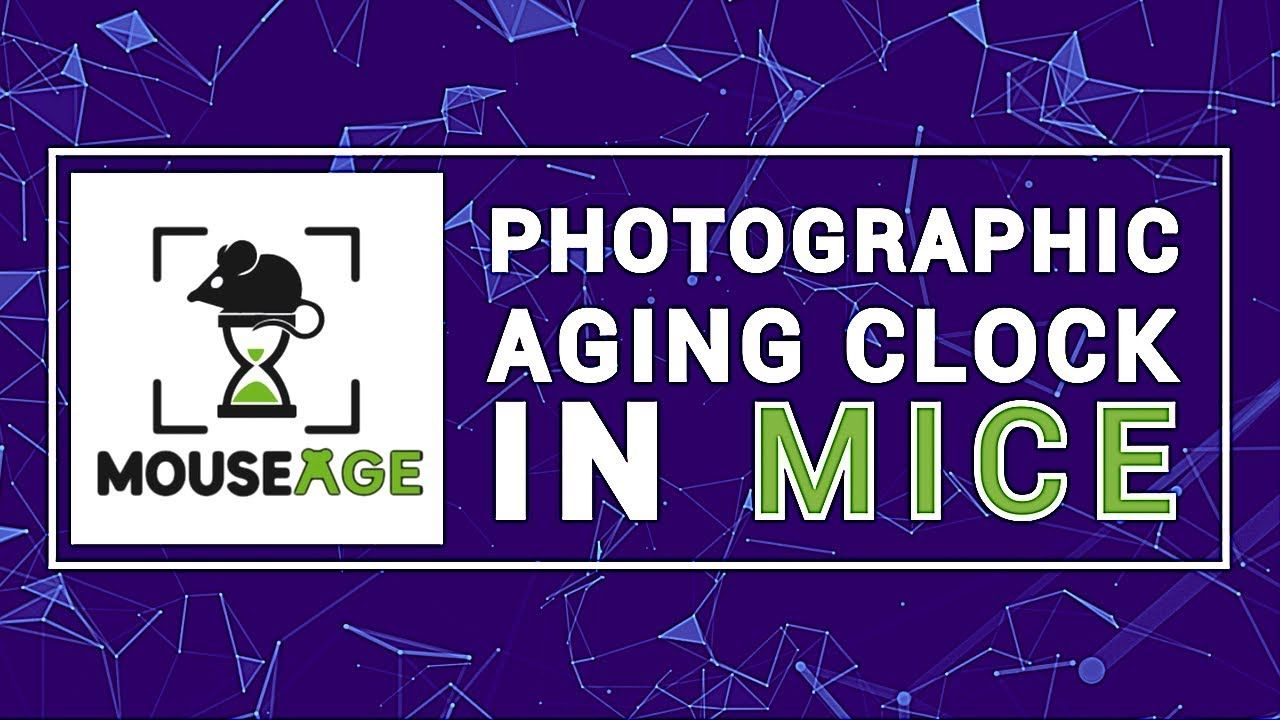
Say Cheese! Support science in style with this iconic t-shirt. Just one of the great rewards on offer for supporting the MouseAge Project at www.lifespan.io/mouseage
We are developing a way to measure mouse age using AI and visual recognition. Helping to speed up scientific progress and reduce animal suffering at the same time. Win-win!
Continue reading “MouseAge: Photographic Aging Clock in Mice” »
Sep 26, 2017
Forget ‘live fast, die young’ – do the opposite instead
Posted by Steve Hill in categories: biotech/medical, genetics, life extension, neuroscience
So far, the only intervention that is known to increase lifespan in multiple species is caloric restriction (CR). Caloric restriction is known to increase lifespan in the majority of mouse strains tested[1]. The effects of CR have even been shown to influence how primates age and reduce the incidence of diabetes, cancer, cardiovascular disease, and brain atrophy[2].
Science has known about the effects of CR since the 1930s, when rat experiments first showed researchers this phenomenon[3]. However, despite the various health benefits of CR, how it delays aging has remained a mystery. A new study suggests that epigenetic drift may be the answer.
